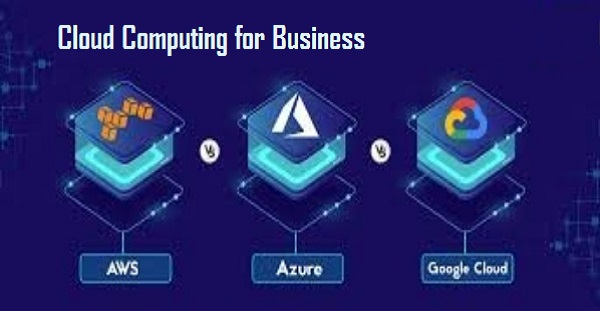Scott Duffy
Scott Duffy - Azure Trainer, TOGAF® Trainer, AWS Trainer
Scott loves making complex technical topics easy to understand. This has been the basis of his entire career – as a developer, as a development manager, as a software architect – over the past 20 years. He has spent half his time in the world of business, explaining complex technical topics to business owners and stakeholders so that they can understand and agree with his approach to solving their business problems with technical solutions. And the other half with developers, explaining the business reasons behind decisions and ensuring that any decisions made on the technical side don't restrict the business in unexpected ways. He started teaching courses in 2014 and has taught over 100,000 students. He is grateful every day with being able to connect with so many students in almost every country around the world. He is a certified Enterprise Architect and certified cloud architect. He has been developing with Microsoft technologies for 20 years, starting with Classic ASP, and all the versions of .NET. We now live in the cloud era, with Microsoft Azure being prevalent in most large enterprises. He is certified as an Azure Architect and Developer too. As well as AWS Solution Architect Associate (SAA).
SoftwareArchitect-ca provides quality online training about Enterprise Architecture and Microsoft Azure. Whether you are just starting out, or are a grizzled veteran in the field, Software Architect provides courses to help you take your career to the next level. SoftwareArchitect-ca is run by Scott Duffy, who is a TOGAF 9 Certified architect and trainer. Scott's consulting company, Little Oliver Consulting, is a member of The Open Group architecture forum, which helps set the standards for the future. Scott is also Azure certified as a Developer and Architect. TOGAF is a registered trademark of The Open Group in the United States and other countries.




